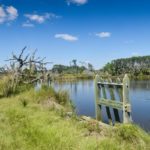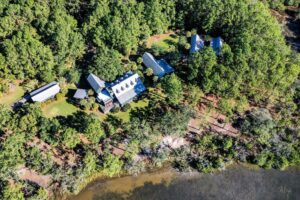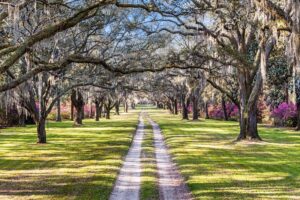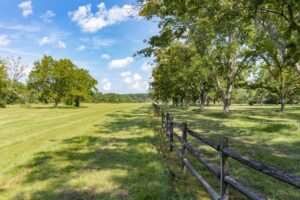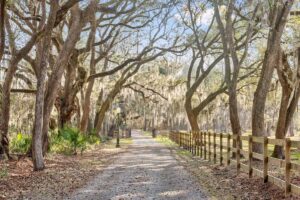Do I have to have a large property in order to put an conservation easement on it?
There is no minimum acreage requirement; however, the value of the easement should cover costs associated with the process of putting a property under easement. These costs include hiring an appraiser, land surveyor, an attorney for a title investigation, and could also including paying a stewardship fee to the land trust who holds the easement.
Conservation-minded owners of small parcels will often choose to donate their land to a trusted non-profit organization and receive a tax deduction.
Why should I protect my property if I don't ever plan to sell it?
The decision to permanently protect a property is a very personal decision which requires thoughtful attention to both public and private concerns. On the private side, one must consider which property rights should remain with the owner. A licensed appraiser can help evaluate whether the forfeited rights would reduce the property value enough for the conservation easement to be valuable in terms of tax benefits.
Does land need to have public access in order to be protected with a conservation easement?
A conservation easement must provide significant public benefit. Public benefit may come in the form of preserving scenic, cultural, ecological, agricultural or public recreational benefits that would otherwise be compromised with without protection.
